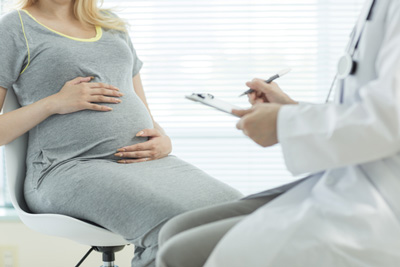New toolkit informs of the risks of taking valproate during pregnancy
Posted: 8 February 2016 | | No comments yet
Valproate is associated with a risk of birth defects and developmental disorders in children born to women who take the treatment during pregnancy…


The Medicines and Healthcare products Regulatory Agency (MHRA) has launched a new toolkit to ensure female patients are better informed about the risks of taking valproate medicines during pregnancy.


Valproate is a treatment for epilepsy and bipolar disorder and is prescribed to thousands of women. It is associated with a risk of birth defects and developmental disorders in children born to women who take valproate during pregnancy.
MHRA strengthened warnings on the risks of valproate in pregnancy last year. Up to 4 in 10 babies are at risk of developmental disorders, and approximately 1 in 10 are at risk of birth defects, if valproate is taken during pregnancy. The new toolkit addresses concerns that the risks of valproate are not being adequately explained to female patients.
Developed in consultation with stakeholders including healthcare professionals and patient groups, the toolkit includes a credit card sized patient card to be issued by pharmacists, booklets for healthcare professionals and for patients together with a checklist of important questions and discussion points to be kept with the patient’s file. Warnings will appear on the medicine’s packaging later this year.
New toolkit is “an invaluable resource”
The MHRA is asking GPs, pharmacists, neurologists, psychiatrists, and other relevant healthcare and mental health professionals to use the toolkit to help facilitate discussion of the risks with their patients.
Dr Sarah Branch, Deputy Director of MHRA’s Vigilance and Risk Management of Medicines Division said: “The warnings on the risks of valproate in pregnancy were strengthened last year. We want to ensure that women and girls have the latest information about the risks of developmental disorders and birth defects in children exposed to valproate during pregnancy. This new toolkit supports healthcare professionals to give that advice to their patients.”
Louise Cousins, campaigns manager at Epilepsy Action, added: “The new toolkit is an invaluable resource for women with epilepsy to better understand all aspects of pregnancy and the risks of taking valproate. By being fully informed, women can work together with health professionals to make the right choices for them and properly manage their care before, during and after pregnancy. This will help reduce the risk of malformations in babies born to women with epilepsy.”




